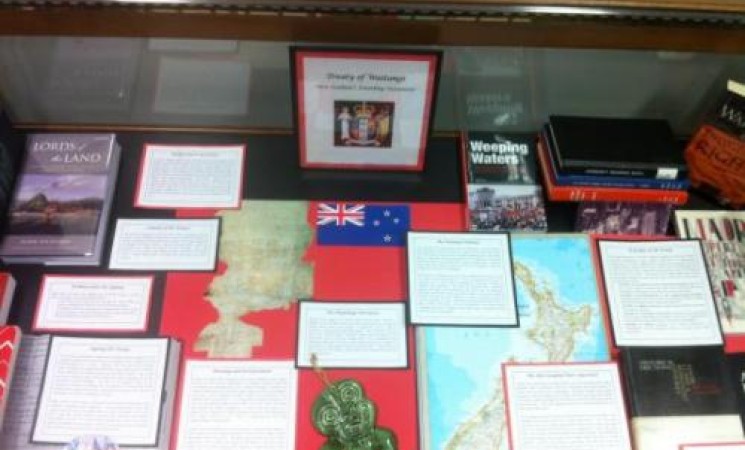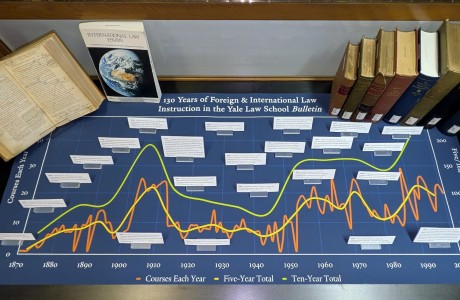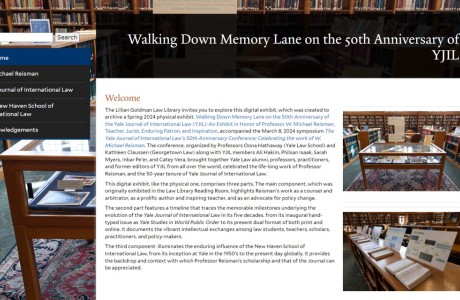The Treaty of Waitangi – New Zealand’s Founding Document

The Treaty of Waitangi was signed on the 6th of February 1840 between representatives of the British Crown and Māori chiefs, and signifies New Zealand becoming part of the British Empire. In commemoration of the 173rd anniversary of the signing of this Treaty, a display on the Treaty and its consequences is currently available on L1.
This hastily composed and translated Treaty was problematic from the very beginning – from its contents and interpretation to the fact that not all tribal representatives chose or were given the opportunity to sign it. Stemming from these and other contentious issues, a series of battles ensued in the following years. Collectively termed the New Zealand Wars, these conflicts resulted in the suppression of Māori resistance against British rule, and the purchase, lease, and confiscation of large expanses of Māori land by the British Crown. The consequences were devastating, disrupting traditional tribal communities and the continuation of culture and access to natural resources.
Continuous protests by Māori regarding injustices suffered due to Treaty violations culminated in the establishment of a Waitangi Tribunal in 1975 to address Treaty grievances. Various Māori tribes sought amends from the New Zealand government, and many claims were settled through land and financial compensation. Often these claims are difficult to resolve, and many negotiations are still going on today.
Waitangi Day – the 6th of February – is celebrated in New Zealand to commemorate the signing of the Treaty of Waitangi. However, the Treaty is not the unifying document as it is often portrayed, and Waitangi Day festivities, far from a celebration of the founding of New Zealand, often attract anti-government protests by Māori activists. The Māori struggle for indigenous rights is universally relevant, as native populations strive to assert their cultural identities in various political arenas around the world.

